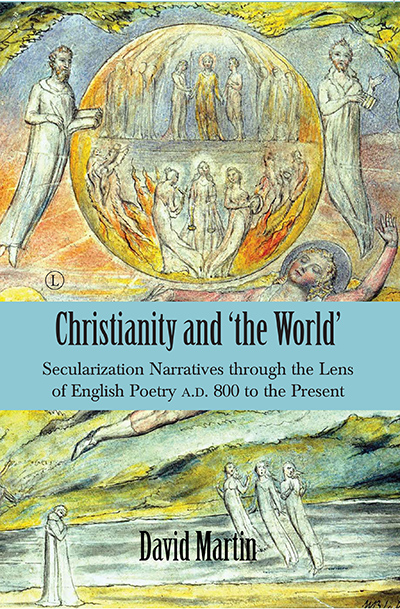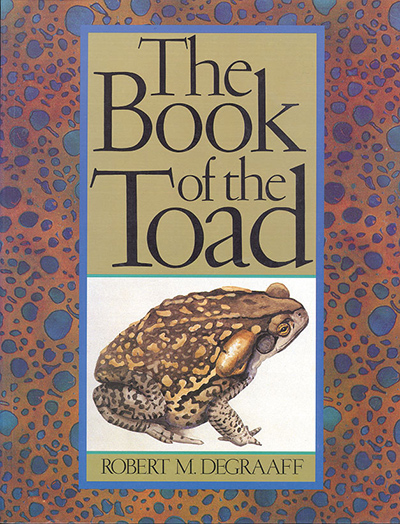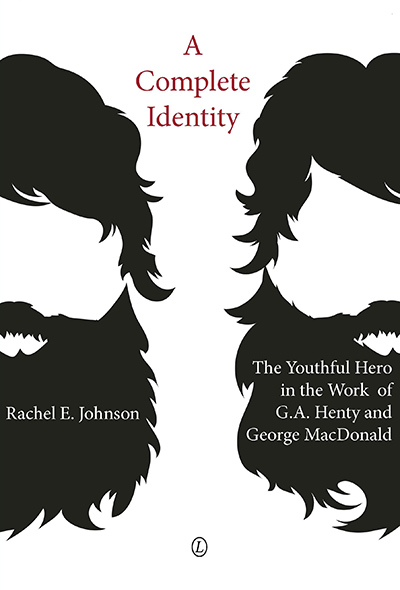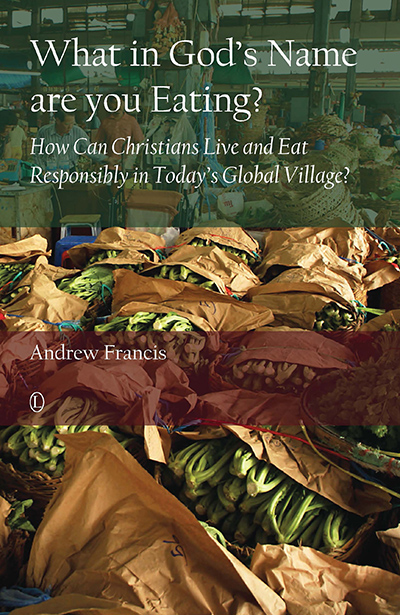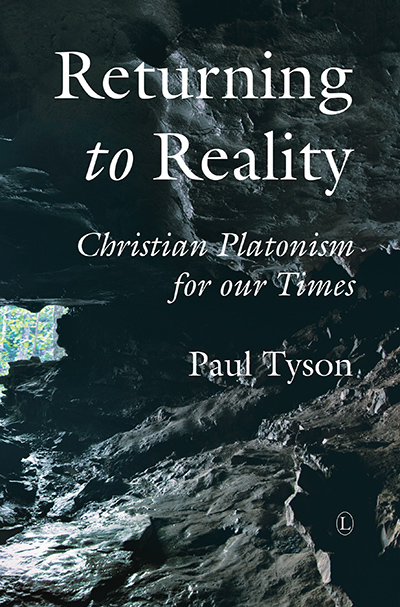Description
David Martin was one of the world’s leading commentators on secularization theory. He was also a committed and lifelong reader of English poetry. Christianity and ‘The World’ develops Martin’s argument against simplistic secularization narratives with reference to the history of poetry, a topic with which few social theorists have been concerned. Martin shows the enduring but ever-changing centrality of Christian thought and practice, in its many different forms, to English poetry.
Always mindful that the most important aspects of poetry’s history can be captured only by attending to the minutest particulars of individual poems and poets, Martin’s study sheds unexpected light on a wide range of English poets, from Spenser and Shakespeare to T.S. Eliot and Geoffrey Hill. The result is a study at once informed by an authoritative sociological perspective on secularization and richly coloured by the singular intensity of Martin’s own reading life.
About the Author
David Martin was born in 1929. He was a sociologist and theologian, Emeritus Professor of Sociology at the London School of Economics, Fellow of the British Academy, and an ordained priest in the Church of England. His research concerned problems of secularization, religion and violence, the growth of global Pentecostalism, and the interface of sociology and theology. He published over twenty books and several volumes of sermons.
Contents
The Rationale of This Book
Acknowledgments
Introduction
1. An Overview of the Problem
2. Ninth to Sixteenth Centuries
3. Seventeenth and Eighteenth Centuries
4. The Nineteenth Century: The Early Romantics
5. The Mid-Victorians
6. The Early Twentieth Century
7. War Poets; Pacifists and Marxists; Poets of Wars Post-1945
8. Eliot and Auden
9. Faith and Place
10. Larkin to Hughes; Plath to Duffy
11. Donald Davie, Charles Sisson, and Geoffrey Hill; Denise Levertov, Andrew Motion, and Michael Symmonds Roberts
12. Conclusion
13. Afterword
Appendix: Hymnody
Bibliography
Index
Endorsements and Reviews
This is a genuinely unique book. David Martin – probably the greatest British sociologist of religion in recent decades – maps out the basic tensions between Christianity’s innate urge to construct an alternative reality, and its accommodations to that world. … A treasury for intellect and imagination alike.
Rowan Williams, Archbishop of Canterbury 2002-2012
David Martin, the sociologist who taught us that secularization is not a continuous and uni-directional process, but rather a many-stranded and shifting one, has now added a new dimension to this picture. Looking at the whole story through the lens of poetry, not primarily as expression of belief but through its affinity to invocation, worship, ritual and liturgy, yields an extraordinarily rich and perspicuous account of the currents of English spirituality through many centuries.
Charles Taylor, McGill University
In a single volume, David Martin brings together a lifetime’s work on secularization, a thousand years of English poetry, and deep theological insight. A chronological sequence of reflections relates each of these strands to the others. Readers will arrive by different routes, but all of them will be enriched by what they find. I recommend this book very warmly.
Grace Davie, University of Exeter
Not since George MacDonald’s England’s Antiphon in 1868 has there been an attempt to survey the tradition of English religious poetry in this manner. David Martin, however, is at once a sociologist, a theologian, and (though he modestly denies it) a penetrating literary critic. The resulting cross-fertilization produces so many fresh insights that one’s whole field of vision is permanently altered.
Stephen Prickett, University of Glasgow, University of Kent
David Martin (1929–2019) was one of the most important sociologists of religion in the last century. His account of secularization was perhaps the most subtle of all the modern stories of decline in belief in the Christian God: among other things, he showed that this decline has never been homogenous and never advanced in a simple or single manner.
Kevin Hart, Studies in Christian Ethics, August 2022 issue

